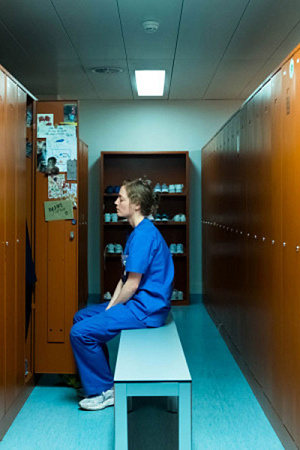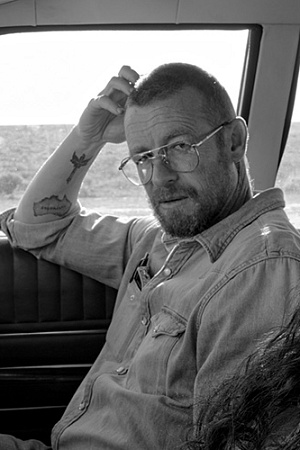A United Kingdom ★★★1/2
In London, 1947, a young white English woman named Ruth Williams (Rosamund Pike), of modest background, meets an ordinary-seeming young black man named Seretse Khama (David Oyelowo) at a dance. They go on a few dates, swap jazz records, and then, in short order, the young man reveals to the young woman that he is an African king and proposes marriage to her. She accepts him immediately.
This is the foundation of the fairytale-like romance at the heart of A United Kingdom – delivered to viewers in the film’s efficient opening scenes – though it isn’t quite a fairytale. The story is based on a notable instance of true romance from the history books. Seretse Khama was kgosi (king) of the Bamangwato people, who were colonised by the British and who dwelt, during the first half of the twentieth century, inside the British Protectorate of Bechuanaland. Neither the British government nor Khama’s royal family approved of the marriage between Khama and Williams, and the couple’s efforts to live together would play a part in the wider independence struggle of Bechuanaland, which became Botswana in 1966, with Khama as its first president.
Continue reading for only $10 per month. Subscribe and gain full access to Australian Book Review. Already a subscriber? Sign in. If you need assistance, feel free to contact us.











Leave a comment
If you are an ABR subscriber, you will need to sign in to post a comment.
If you have forgotten your sign in details, or if you receive an error message when trying to submit your comment, please email your comment (and the name of the article to which it relates) to ABR Comments. We will review your comment and, subject to approval, we will post it under your name.
Please note that all comments must be approved by ABR and comply with our Terms & Conditions.